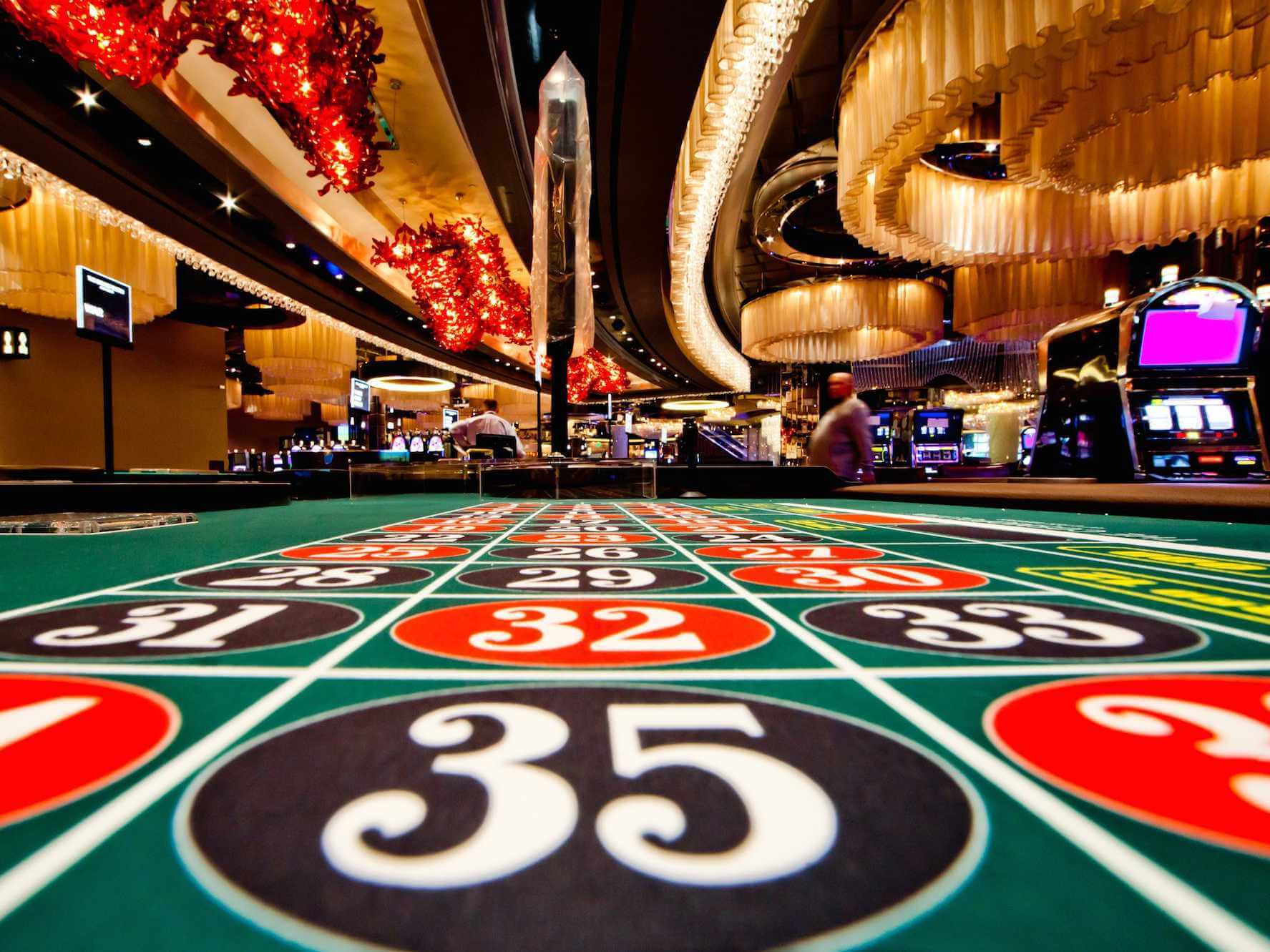Comprehending the Different Forms of Playing Cards in Casino Games

Gambling games have been a source amusement and excitement for countless players around the globe. One of the main factors that renders these games engaging is the variety of playing cards employed in various types of games. Grasping the different kinds of cards can improve your experience and improve your gameplay approaches. Whether you are drawn to classic card games like poker and blackjack or newer casino offerings, each game depends on a distinct set of cards that affects the regulations and the rhythm of play.
In casino environments, cards appear in several styles, each tailored to fit the needs of specific games. From standard decks to custom card variations, the diversity plays crucial role in shaping the dynamics of each game. By familiarizing yourself with these cards and their uses, you can gain more profound insights into the games and make more informed decisions at the table. This understanding not just enriches your overall gaming experience but also contributes to a more sophisticated approach to your chances of winning.
Types of Playing Cards
When it comes to casino games, the type of playing cards used can significantly impact the gameplay and tactics. The most common deck is the standard 52-card deck, which consists of four suits: clubs, and spades. Each suit contains thirteen ranks, from ace to king. This standard deck is essential in numerous games, such as black-jack, where gamblers aim to create the best hand possible or get as close to 21 as they can.
Some casino games use unique decks specifically designed for those games. For instance, the popular game of baccarat often uses various decks combined, typically six or 8. This not only increases the complexity of the game but also affects betting strategies, as participants must account for the higher number of cards in play. Additionally, some games may introduce jokers or wildcards, providing further variety and thrill to the gambling experience.
In niche games, specialized decks may come into play. For instance, in games like Bridge or Pinochle, players might use unique rules with varied card values or functions. These variations keep the gameplay fresh and allow for varied strategies to emerge. Understanding the various types of playing cards and their particular uses in different casino games is key to improving one’s gaming experience and boosting overall performance at the tables.
Deck Modifications in Gambling Activities
In casino activities, the type of set of cards utilized can significantly impact both the gameplay and the tactics used by participants. casino online non AAMS Most classic card activities, such as 21 and poker, typically use a standard 52-card pack. However, modifications do exist where extra wild cards or even several packs are utilized. For example, in blackjack, some casinos may use one to eight packs, which can change the odds and the basic strategy required to play optimally. Participants must be aware of the deck makeup, as it influences the house edge.
Another frequent modification in casino card games is the utilization of specialized or custom packs. For instance, some five-card draw games might use a deck that includes unique graphics or designs, which can enhance the atmosphere at the gaming table. These specialized packs often serve to distinguish between different play types or loyalty programs within the casino. While the traditional guidelines of the game remain the same, the visual appeal can affect participant involvement and enjoyment.
Finally, the mixing methods used with different kinds of packs can also impact gameplay. Casinos often make use of automatic mixing machines that can effectively shuffle several decks effectively, making hand counting more difficult. The frequency and method of mixing can differ widely based on the game and the casino’s policies. Comprehending these card modifications is important for any player looking to enhance their tactics and overall enjoyment in casino games.
Value of Card Values
In gambling activities, the worth of every playing card plays a key role in deciding the outcome of various activities. Various games assign unique values to playing cards, influencing strategies and gamer choices. For case, in blackjack, playing cards numbered two through ten are rated at their nominal worth, while court cards hold a worth of ten, and the Ace can be worth alternatively one or eleven. Comprehending these worths allows gamers to make knowledgeable decisions during gameplay, boosting their chances of winning.
Likewise, in the game of poker, the significance of card worths extends to hands and hand rankings. High worth cards can form stronger combinations, such as pairs, straights, or flush hands, which are important for winning in the game. Players must assess not only their own cards but also potential hands their opponents might hold. This strategic complexity adds excitement and complexity, making card worths a central element in poker’s appeal.
Furthermore, the cognitive aspect of card worths cannot be overlooked. Players may use the knowledge of playing card values to deceive or trick their opponents. By understanding how a card’s worth can impact the game’s dynamics, gamers can better navigate risks and rewards, creating a stimulating atmosphere in gambling activities. Whether competing for fun or for real cash, knowledge of card values significantly shapes the overall gaming experience.